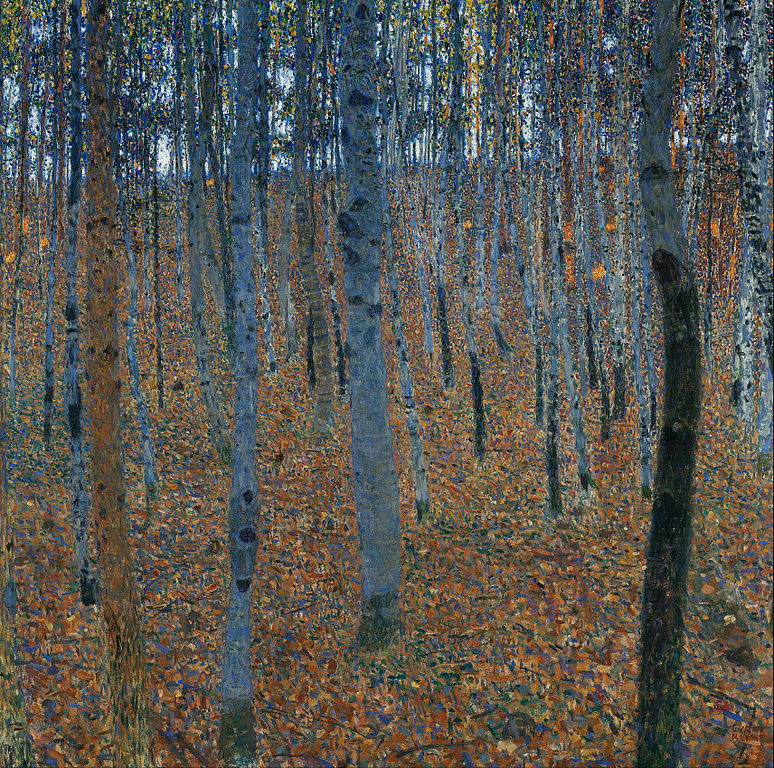It’s not surprising that All Saints Eve and the Festival of the Dead, which are just a single festival in two thoughts, should be placed at this moment of autumn, when it‘s clear that all is coming undone and that yet nothing is forecast. Everything is erased by the ceaseless rain, but not everything has been erased; the leaves return to the elements; but they still mean what they were. So our thoughts work back against time and meditate on what can’t be undone. And because the spectacle of things controls our thoughts rather more than we think, we come to commemorate.
The same festival, I said, in two thoughts. For it’s natural that communal meditation leads towards the dead who were models, and whom legend has already buried nobly. Through them death is purified and even beautiful. The first thought, the easiest, goes to the saints. But common wisdom has already advanced a long way from the time when Hercules was celebrated, through the admirable idea that there are many more saints than can be told, and that the least famous are not the worst. This moment of reflection already brings us back to the ordinary in life, to hidden works and, better still, to unrecognised virtues. So all the saints are celebrated together. That’s the first idea. The other is even closer to us, and aims to join all the dead to all the saints by a kind of forgiveness. The dead, according to an ancient tradition, wait to be buried and are even to be feared as long as they have not found a tomb. Understand that it is not easy to think reverently of the dead as long as they have not recovered the face they should have, the one they deserve. For they’ve clouded it in a thousand ways, by moods, age, illness, all the scars from blows received, which are not part of them. So this model of themselves has to be found again, which their lives often hide from us. Here, in the idea of burial, is hidden the great idea of resurrection. The dead must cease to be dead, for to be dead is to be nothing. This duty to think of the dead, but as beings still alive and real, goes a long way. All the more so as this charity, which seeks to find them in their power of existence, in their virtue in the full sense of the word, does not then find the appearance that the living always offer. The dead no longer make mistakes. So commemoration aims to purify, to glorify, which is a lot more than forgiving. Now we only need a small amount of attention, an attention to this, that it’s never within their being that humans are wicked, but rather from the wounds encountered; their malice is not theirs; it’s like an evil they have encountered. Or a coat thrown over them, not attached to them. And it is their own being that we want to find again. This is, therefore, the time to cleanse and purify in our minds the cherished images, in imitation of the untiring rain.

This harmony of festivals with the season led me to notice something else. It turns out that there is a third festival, attached to these two, which leads our thoughts to the dead of the world war, to all the dead, and for another great forgiveness. So the calendar keeps adding according to the season; and this is no miracle. That war, which was all about passion, had to finish from weariness and in the evening of the year. Remember. That sleep of the days, that mist, that muddy soil, this all seemed to counsel peace and, better still, already imposed, as it were, a truce and a waiting, from which thoughts also take another route. A single festival then, in three thoughts. Here for this third moment,, it’s no longer a question of forgiving the dead, but very clearly forgiving oneself. And that can’t work without firm resolution. Quite clear and quite free, this return of hardship, the sound of carts on a hardened earth. For it’s in the order of things that we return from memory to action, and it’s of this that the sharp winter will remind us.
November 1st, 1926
English translation copyright © Michel Petheram
To read the French version on this website.

